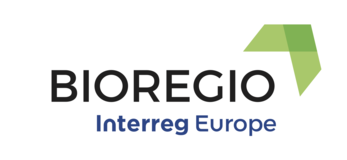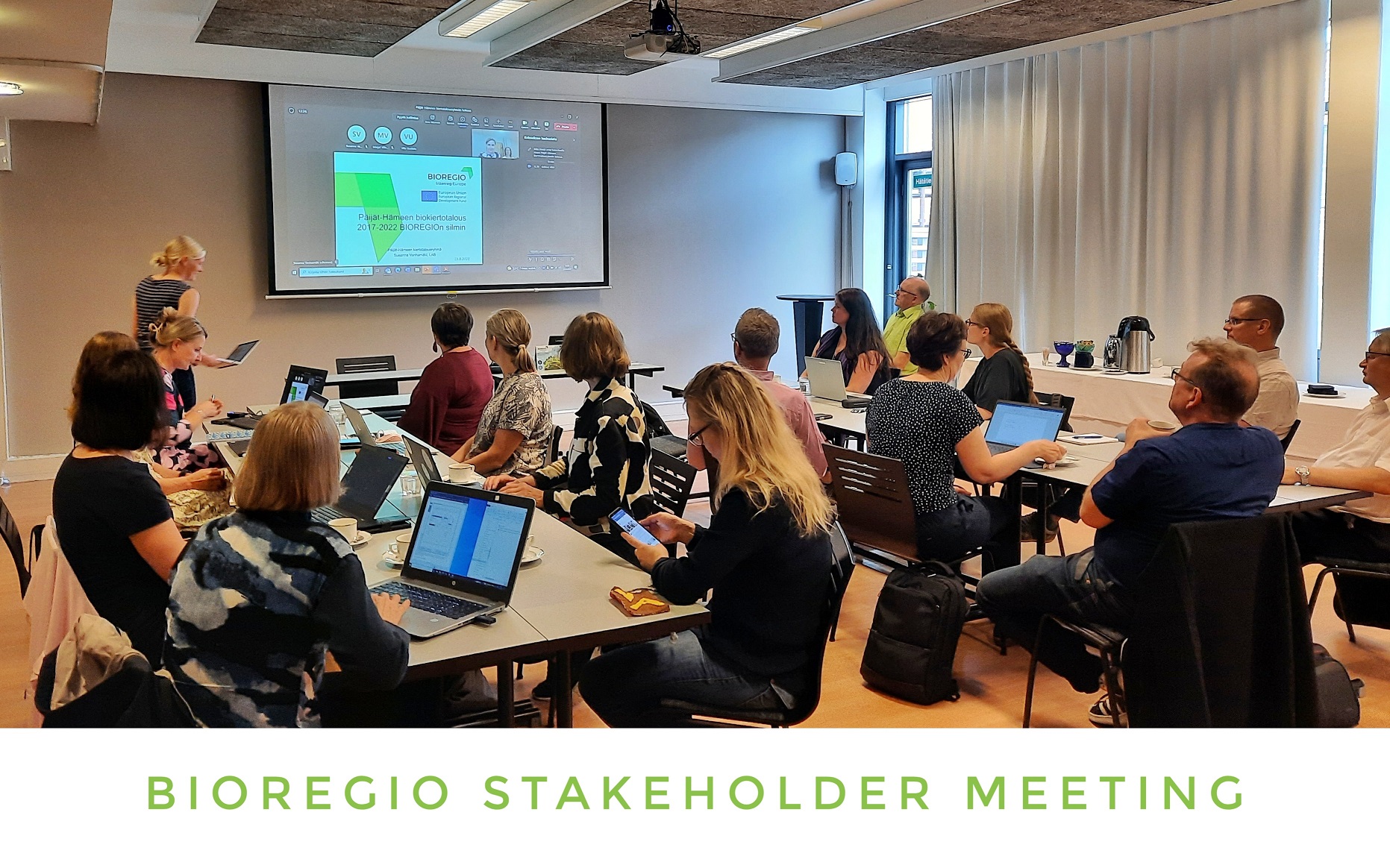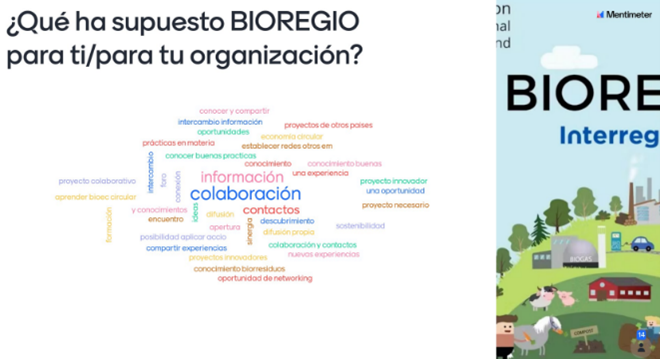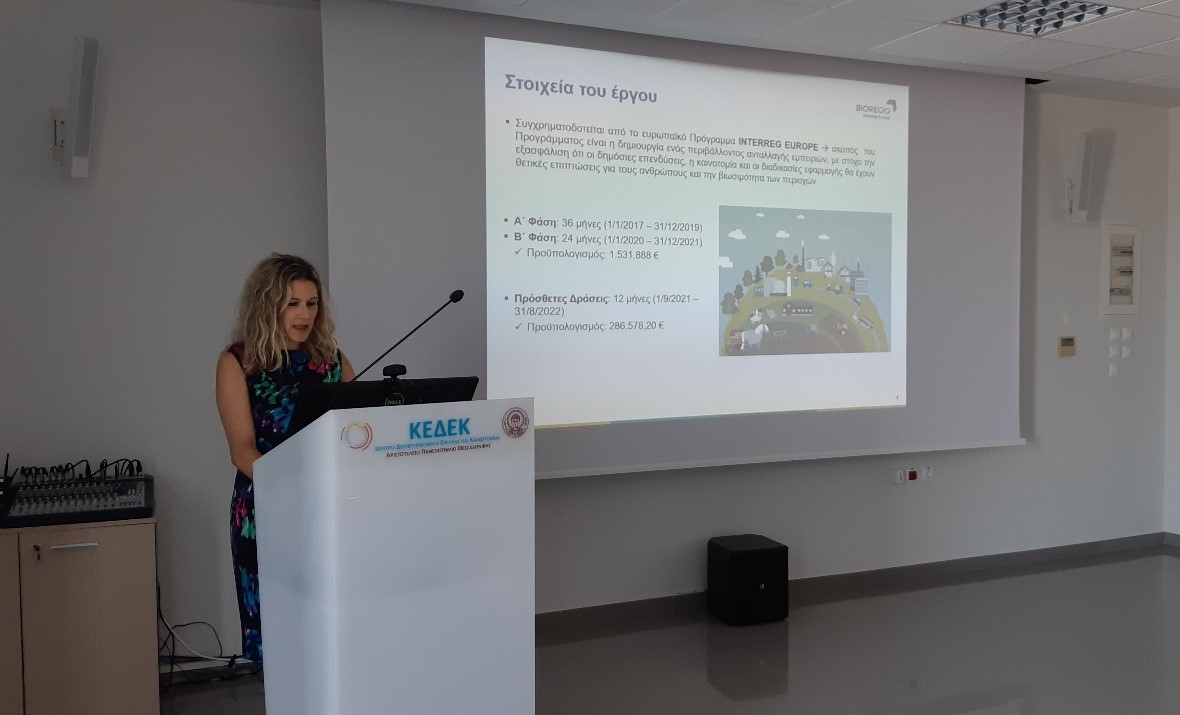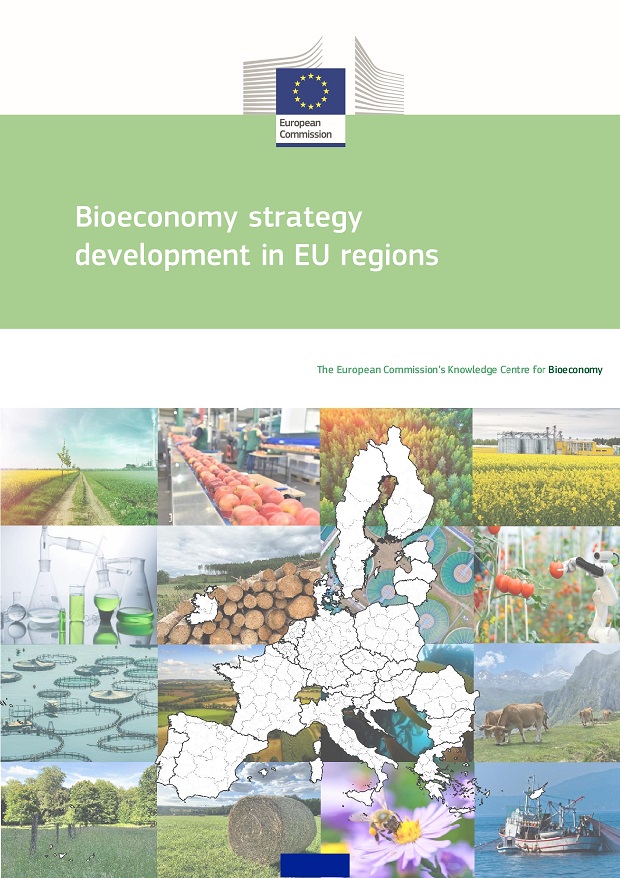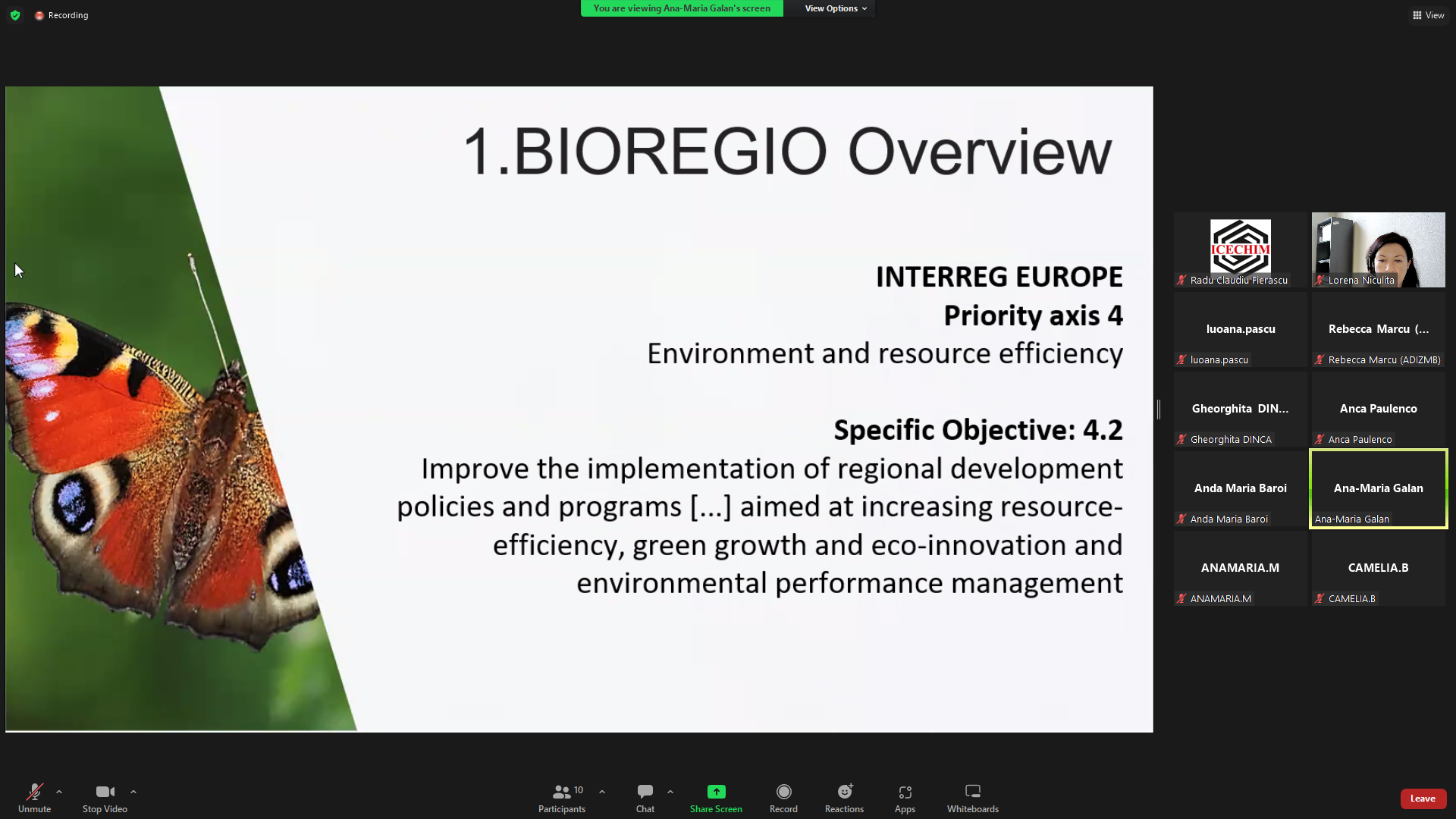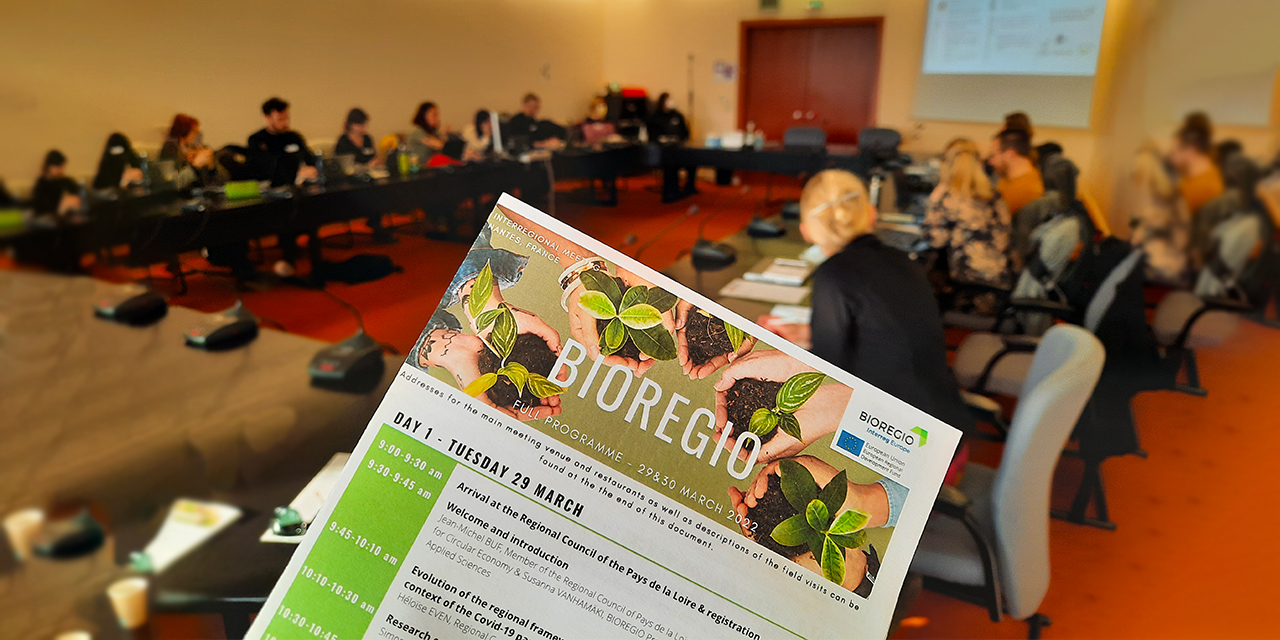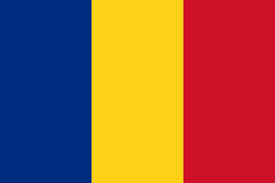The success of Europe rises from the regions. The Interreg Europe program is at the heart of the EU cohesion policy. The program is dedicated to improving regional development policies. It has already been proved that Interreg programs are a success: they are the avant-garde of cooperation and inspire collaboration and learning.
On 24-25.4.2018, the Interreg Europe project partners gathered in Sofia, Bulgaria to share knowledge about how to better involve regions in the project implementation. To inspire the learning process, Dr Kai Böhme from Spatial Foresight, a private consultancy on European territorial policies and research, gave a keynote speech on knowledge management.

Dr Böhme at Interreg Europe event. Photo: Katerina Medkova.
Translate, do not copy
Böhme pointed out that territorial cooperation is about finding better solutions through learning. The learning process occurs in different levels: personal, project and organization. In Interreg projects, all levels of learning are expected to be developed.
Even if the level of individual learning is high, the overall collective learning process is unlikely to be successful. Knowledge has to be transferred between different groups to reach a regional and interregional impact. The key to a learning among regions lies in translating knowledge, not direct copying. Knowledge has to be tailored to the individual regions.
To achieve success, learning should be mutual, concrete, realistic, durable but also critical. At the same time, it should be kept in mind that not everything can be transferred.
To Hell and Back
Cooperation is a complex matter, where different actors play different roles. Cooperation is ambitious and begins with a capacity and awareness development. Furthermore, we should increase knowledge, to enable a change of attitudes and, eventually, behavior. According to Böhm, this might be too ambitious for an Interreg project. Actors should be realistic about what they can actually achieve within a few years of an interregional cooperation. Some of the results come much later, even years after a project’s end.
Cooperation is not straightforward. Böhme said it aptly that “Cooperation is a journey from paradise to hell and back.” First, the impression is that everything is possible, then problems are faced, and finally, challenges are turned into success. Cooperation is a continuous learning process: a puzzle, a nonstop dialogue. Partners understand things differently; they have different starting points and different goals. The success of cooperation is affected by interdependencies of all actors. However, cooperation is necessary for any development. Today’s challenges cannot be solved by regions individually. We need to cooperate and learning leads to better solutions.

Dr Böhme – Cooperation as a continuous process. Photo: Katerina Medkova.
LAMK’s BIOREGIO project is a part of the Interreg Europe community and learning is at the core of the project implementation. BIOREGIO is sharing knowledge related to bio-based circular economy.
This article was originally published on LAMK green blog on 11.5.2018.
Sources:
BIOREGIO. 2017. Regional circular economy models and best available technologies for biological streams. Available at: www.interregeurope.eu/bioregio/ [Accessed 24 April 2018].
